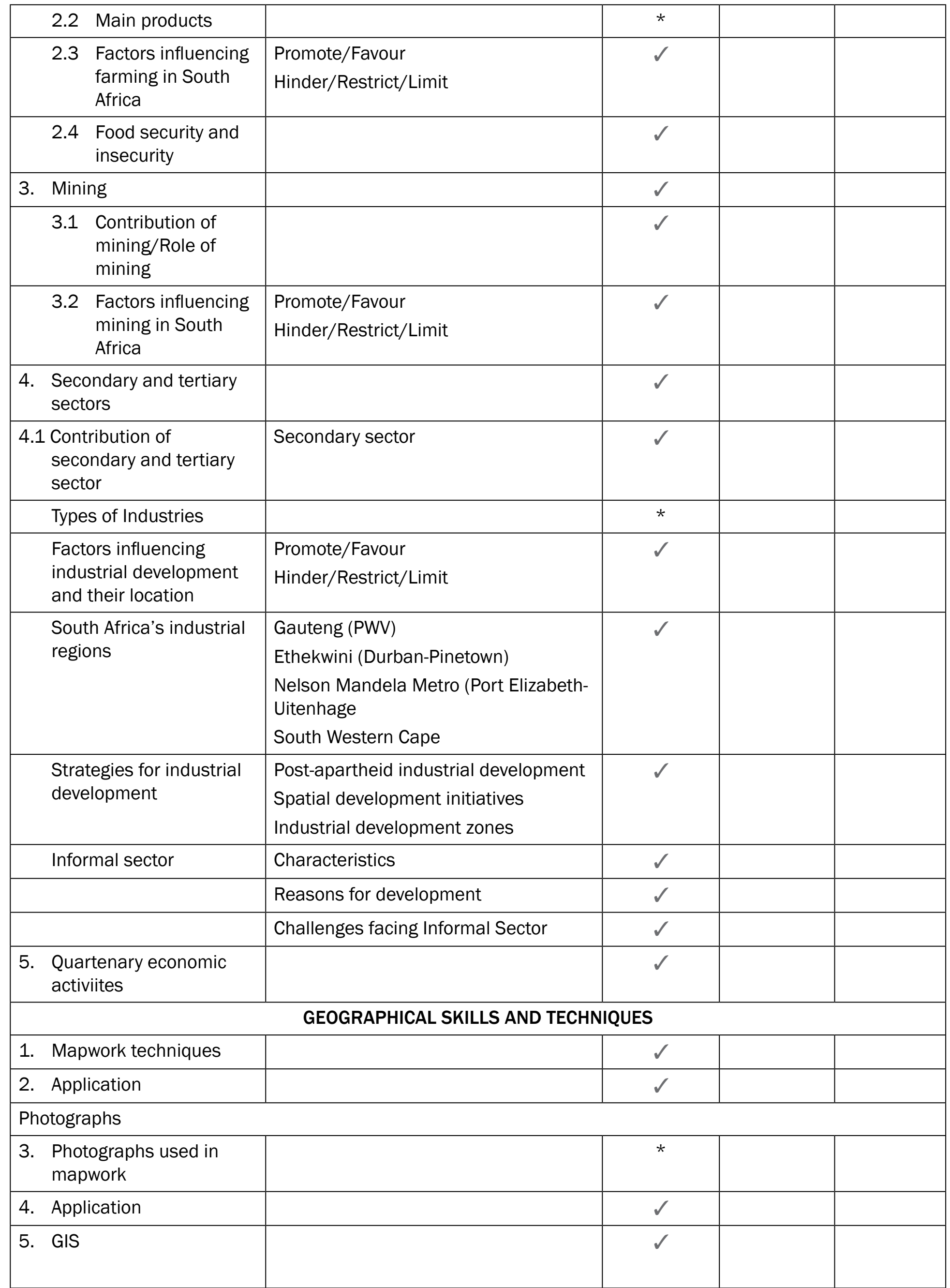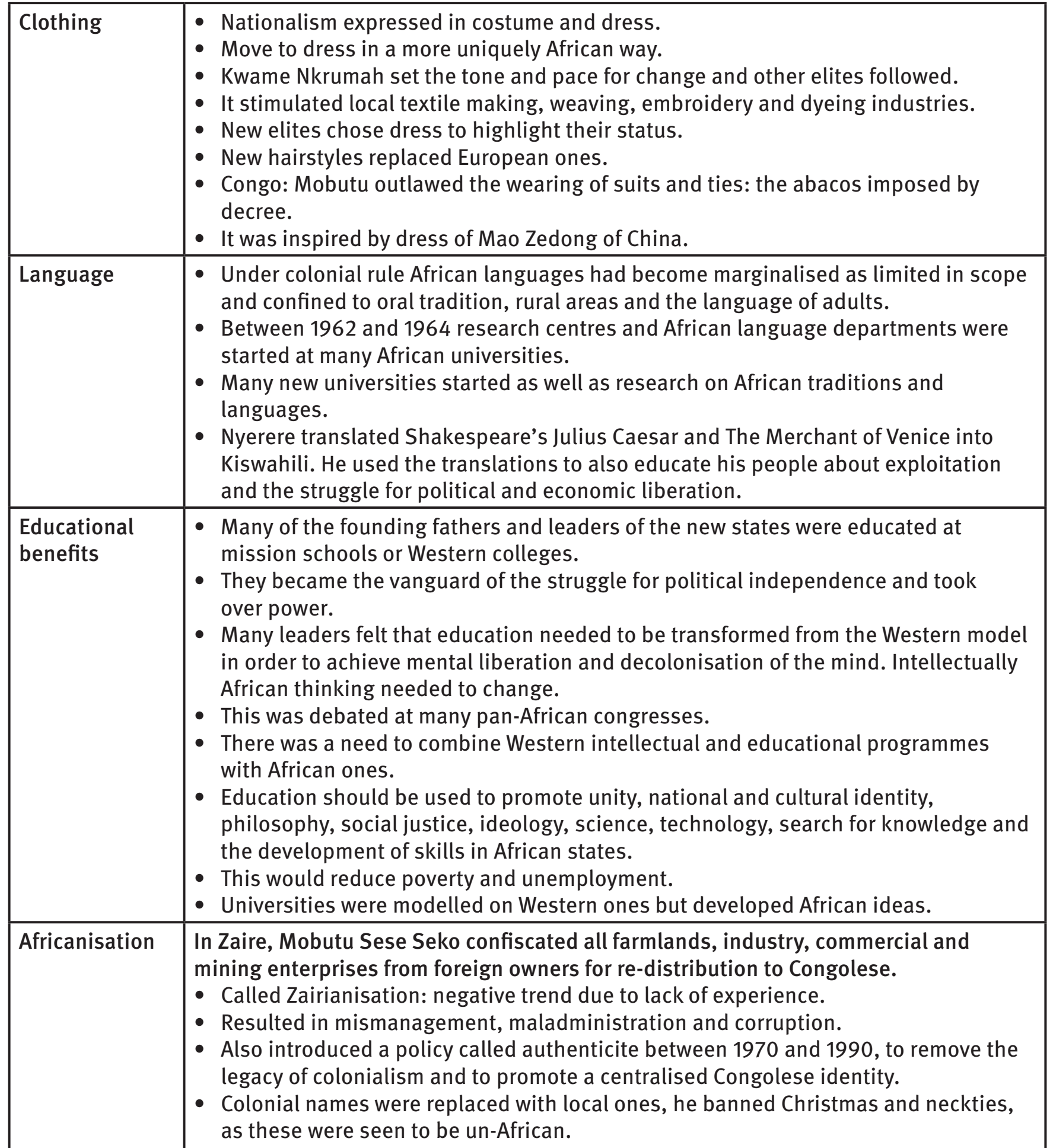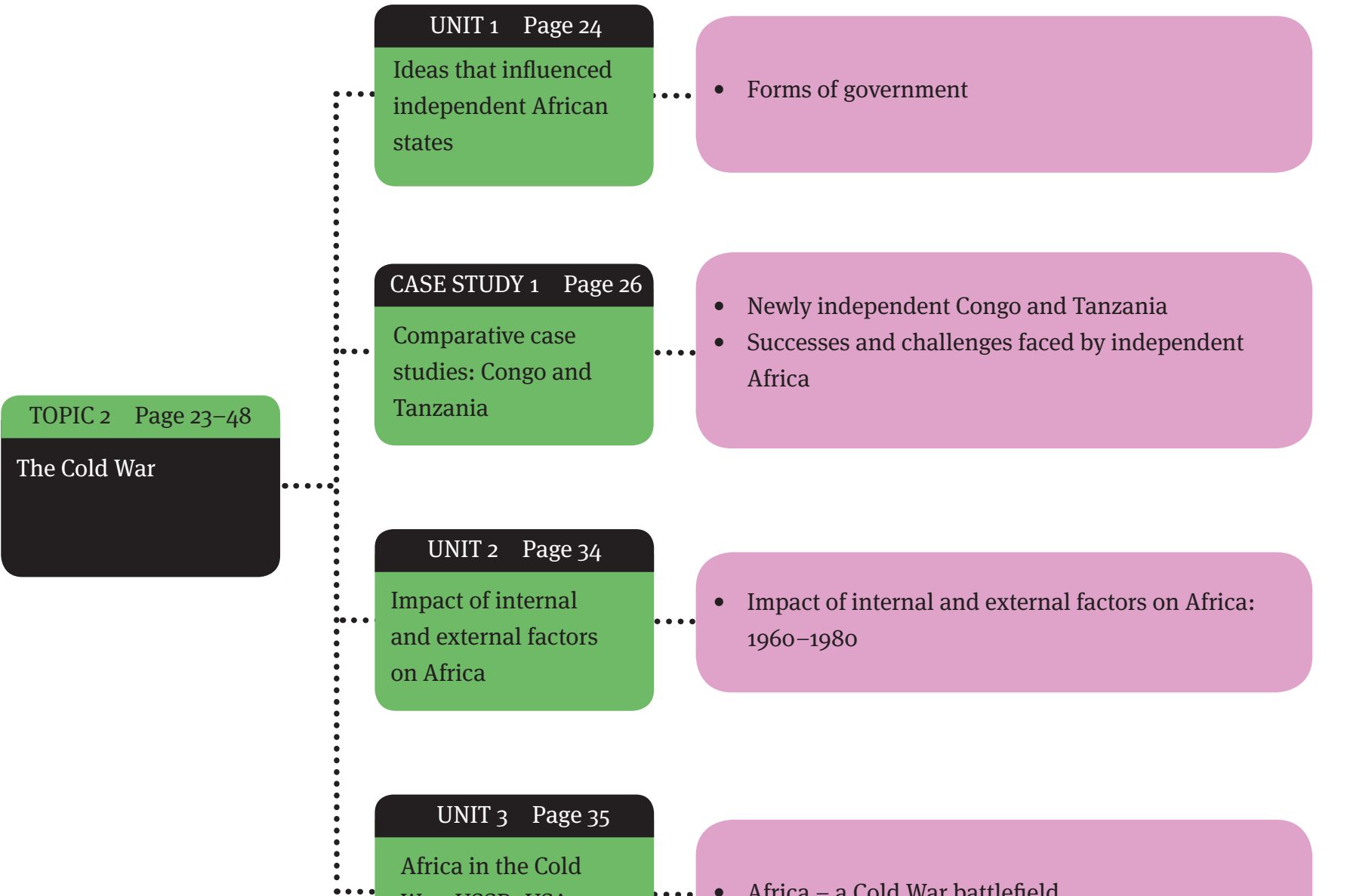Photo AI
Last Updated Sep 24, 2025
Balance of Power Simplified Revision Notes for NSC History
Revision notes with simplified explanations to understand Balance of Power quickly and effectively.
211+ students studying
Balance of Power
Introduction
- Purpose: Investigate how shifts in global power dynamics affect African cultural identity and social structures.
- Main Themes: Explore the impact of North-South relations, South-South collaborations, the effects of globalisation, and the role of grassroots movements.
Introduction to the Balance of Power
Definition and Concept of Balance of Power
- Balance of Power: A strategic concept in international relations that prevents one nation from becoming overly dominant by maintaining equilibrium among countries.
- Significance: Essential for preventing conflicts and promoting peace.
- Key Principles:
- Equilibrium: Ensures stability among powerful states.
- Alliances: Strategic partnerships to protect against threats.
- Deterrence: Use of potential threats to dissuade other actions.
Key Terms:
- Balance of Power: Strategic prevention of dominance.
- Equilibrium: Maintenance of balance for stability.
- Alliances: Strategic partnerships.
- Deterrence: Use of power to deter aggression.
Historical Overview of Power Shifts
-
World War I & II: Major power realignments and formation of new international bodies, such as the United Nations.
-
Cold War: Dominated by US and Soviet influences; significant events include NATO's establishment to counteract Soviet threats.
Key Historical Events Influencing Power Balance
- Formation of NATO and Warsaw Pact: Established foundations for post-WWII security dynamics.
- Cuban Missile Crisis: Demonstrated the principle of deterrence.
- Collapse of the Soviet Union: Transitioned from a bipolar to a unipolar world, dominated by the USA.
- Decolonisation and African States: Emergence of new sovereign nations shifted global dynamics.
Introduction to North-South Relations
- North-South relations: Interactions between developed nations (Global North) and developing nations (Global South) that shape global economic and political dynamics, originating from pre-colonial times.
Understanding North-South Relations: These interactions are crucial for the establishment of trade, investment, and aid policies.
Economic Dependencies
- Post-Independence Challenges:
- African economies remain largely export-focused, creating dependencies on former colonial powers.
- Reliance on raw materials persists due to limited industrialisation.
Visual Integration
Impacts on African Nations
Economic Impacts
- Trade Patterns: Shift from colonial connections to partnerships with emerging economies, such as China and India.
- Foreign Investments:
- Key investment areas include technology and infrastructure.

- Cultural Exchanges: Influencing social environments amid shifting power dynamics.
Educational Opportunities
- Enhanced through international partnerships and programmes provided by BRICS and Asian nations.
Defining South-South Cooperation
South-South Cooperation: Collaboration among countries in the Global South to enhance political, economic, and social spheres.
-
Development of African Partnerships:
- BRICS and Asian States: Significant contributors to infrastructure and technological advancements.
-
AfCFTA's Role:
- Aimed at increasing intra-African trade and economic integration.
-
China-Africa Cooperation Forum:
- Promotes infrastructure and educational development, though concerns about dependency are noted.
Analysis of Global Power Influences
-
Cold War and Post-Cold War Influences:
- Involvement in proxy wars and political alignments, such as in Angola and Ethiopia.
- Support for democratic movements following the Cold War.
-
Role of International Organisations:
- Institutions like the UN, AU, and EU play a vital role in promoting political stability.
Case Studies
-
South Africa: International pressure on the apartheid regime facilitated its transition.
-
Mozambique: Democratic developments post-civil war supported by international actors.

Effects of Globalisation on African Cultural Identities
- Cultural Homogenisation: Poses a threat to traditional customs and practices.
Emphasis: Educational reforms underscore the importance of African histories.
Conclusion & Final Thoughts
- Shifts in global power dynamics significantly affect Africa's economic, cultural, and social landscapes.
- While challenges remain, there are promising pathways for development through innovative policies and international collaboration.
- Ongoing reflection on these dynamics will shape Africa's role and identity within the global order.
These interactions demonstrate how African nations creatively navigate cultural identity and socio-economic challenges amid evolving global power dynamics.
500K+ Students Use These Powerful Tools to Master Balance of Power For their NSC Exams.
Enhance your understanding with flashcards, quizzes, and exams—designed to help you grasp key concepts, reinforce learning, and master any topic with confidence!
220 flashcards
Flashcards on Balance of Power
Revise key concepts with interactive flashcards.
Try History Flashcards30 quizzes
Quizzes on Balance of Power
Test your knowledge with fun and engaging quizzes.
Try History Quizzes56 questions
Exam questions on Balance of Power
Boost your confidence with real exam questions.
Try History Questions12 exams created
Exam Builder on Balance of Power
Create custom exams across topics for better practice!
Try History exam builder90 papers
Past Papers on Balance of Power
Practice past papers to reinforce exam experience.
Try History Past PapersOther Revision Notes related to Balance of Power you should explore
Discover More Revision Notes Related to Balance of Power to Deepen Your Understanding and Improve Your Mastery

